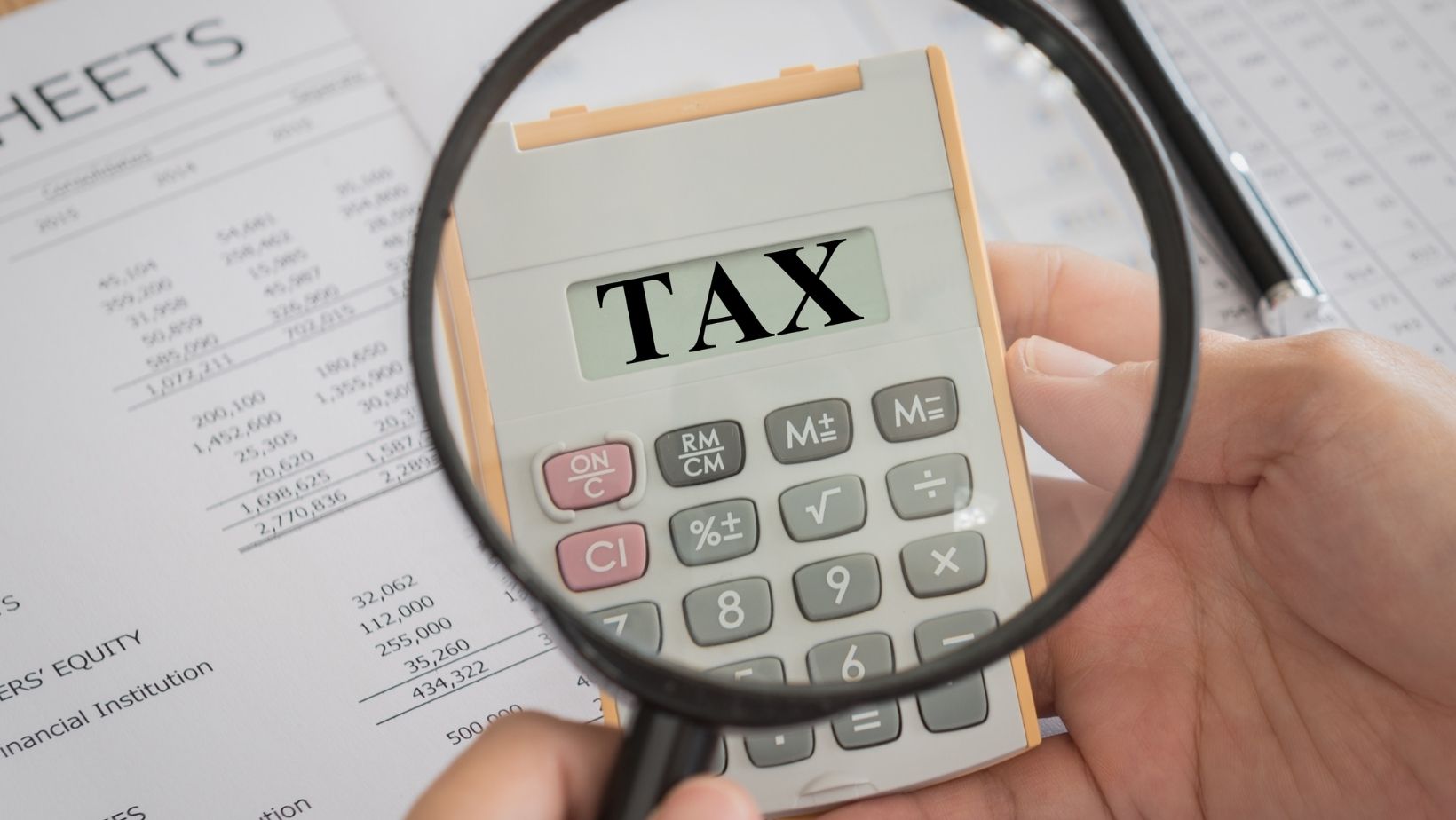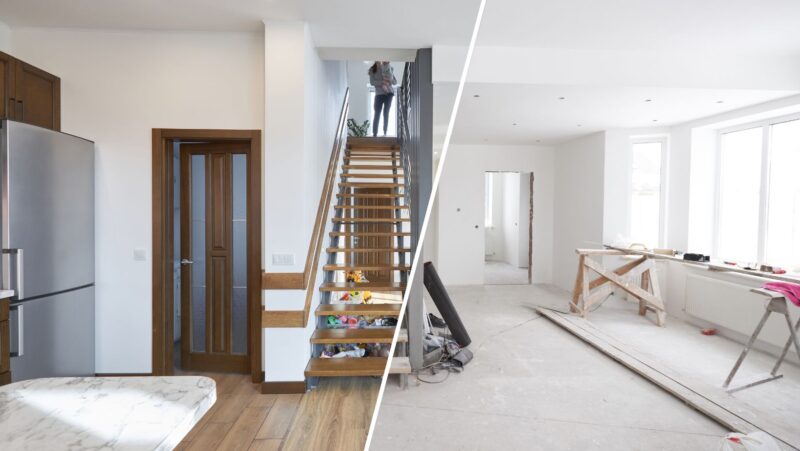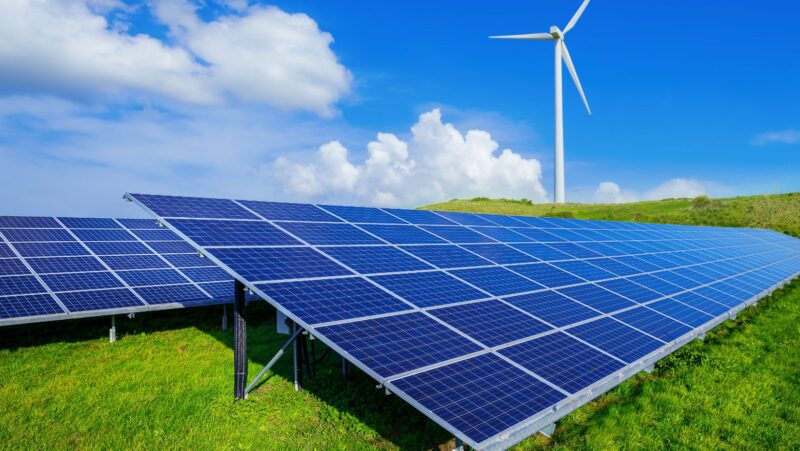
The past few years have been financially chaotic, primarily due to the pandemic and its ripple effects. Canada suffered high inflation like many other countries, so everything has become more expensive. However, recent tax law changes may be a relief for some people. At any rate, here are the updates for 2023 you should know.
Federal Income Tax Brackets
Canadians fall under one of five federal tax brackets depending on their annual income. Canada uses a graduated tax rate. Only the portion of income that goes to a higher bracket may be subject to a higher tax rate.
The federal government adjusted the tax brackets by 6.3 percent in 2022 to adjust for inflation. That means you may pay less taxes in 2023 than 2022. For example, if you were making $60,000 in 2022, $50,197 is subject to 15 percent, and $9,803 is subject to 20.5 percent. For the same income in 2023, $53,359 is subject to 15 percent, and $6,641 is subject to 20.5 percent.
The basic personal amount, a non-refundable tax credit, has also increased to $15,000. People who make up to $40,000 get a full tax deduction. Additionally, those with registered retirement plans can contribute up to 18 percent of earned income but not more than $30,780.
Homeowner Tax Credits
First-time homebuyers in Canada get a non-refundable tax credit they can claim in their tax returns. The federal government proposed an increase in the Home Buyer’s Tax Credit (HBTC) calculation from $5,000 to $10,000. Eligible homebuyers can claim as much as $1,500 tax credit in 2023 and beyond. Experienced tax accountants can determine if you can qualify for it.

Another proposal is to increase the Home Accessibility Tax Credit (HATC) to $20,000. The HATC is a non-refundable tax credit for people over 65 or who qualify for disability tax credit. It will allow them to deduct home renovation expenses to make it accessible or functional. Eligible taxpayers can claim up to $3,000 in tax credits beginning in 2022.
Flipper Capital Gains
The Residential Property Flipping Rule for 2023 states that house flippers may no longer use the primary residence exemption. Before the rule change, flippers could avoid paying capital gains taxes for property that served as their principal residence. Under the new rule, a homeowner who sells the property within 12 months after purchase pays capital gains as business income.
Tax-Free Savings Account
The federal government officially launched the First Home Savings Account (FHSA) on April 1, 2023. The program helps Canadians save up to $8,000 a year in the account tax-free, with a lifetime maximum of $40,000, to buy their first home.

Account holders may only withdraw funds to purchase their first home. After making a qualified withdrawal, they must close the account before December 31 of the following year.
Medical Tax Credits
People hoping to get pregnant can claim fertility and surrogacy expenses on their taxes, including donor sperm or ova, starting in 2022. Additionally, those with Type 1 diabetes may now apply for Federal Disability Tax Credit, which they may claim on their returns. They may also be eligible to open a registered disability savings plan (RDSP).
The Future
The Canadian government has many drafts in the hopper for tax legislation, some new and some updates to existing laws. They cover many measures ranging from intergenerational business transfers to green initiatives. However, various changes and updates are already in force. Consult with your tax professional to make sure you don’t miss anything.










